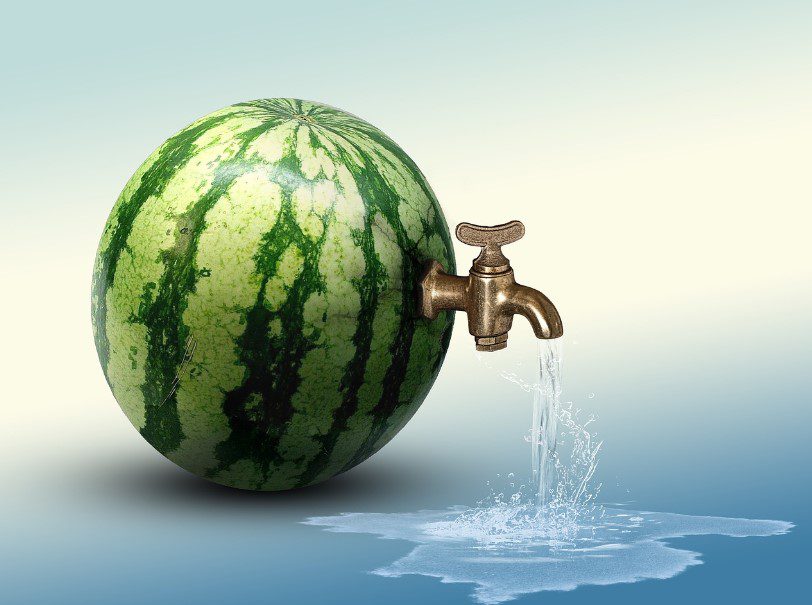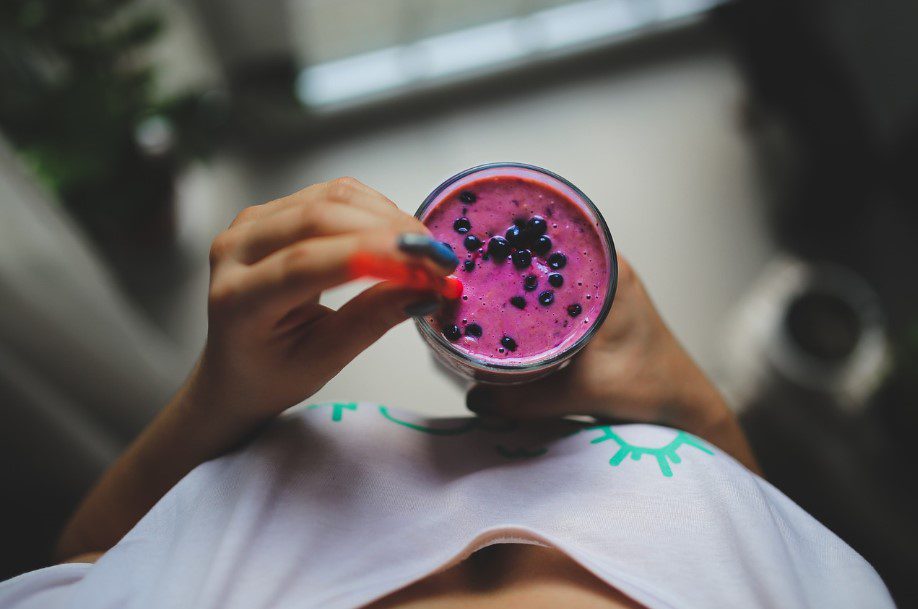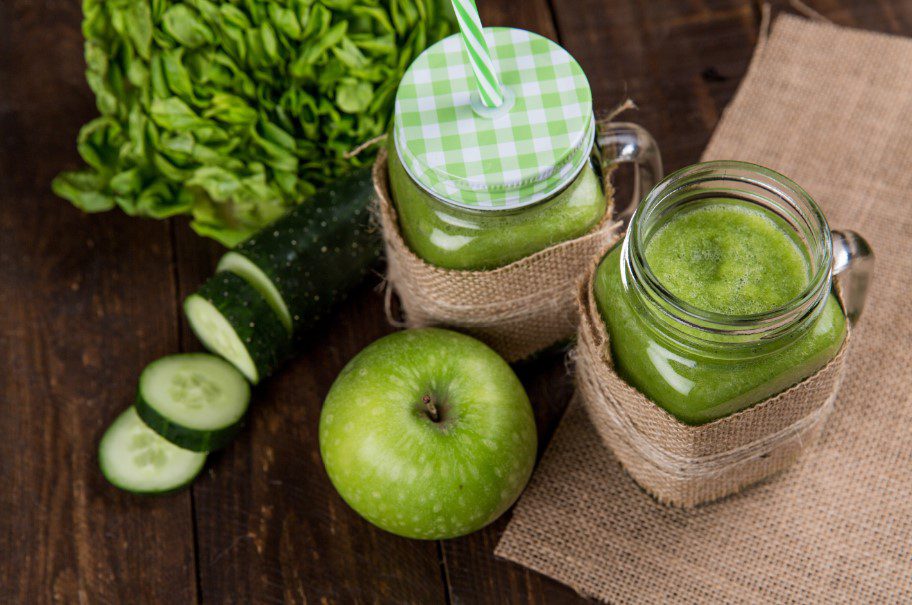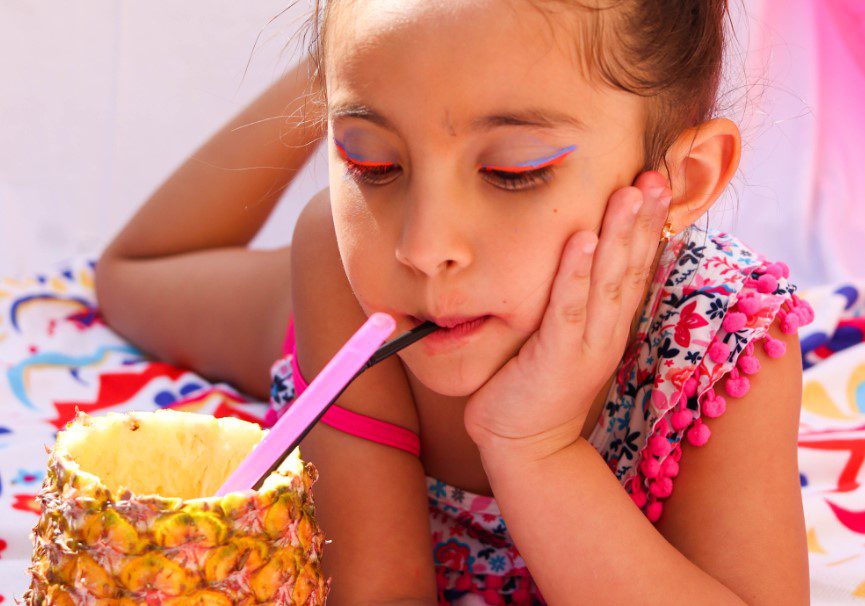One important ingredient in child development that is often overlooked is healthy hydration. Proper hydration is pivotal in various physiological functions, such as nutrient transport, temperature regulation, and overall cellular function.
For children, whose bodies are rapidly growing and developing, maintaining an adequate fluid balance is even more crucial.
Recommended fluid intake for children:
- 1-3 years: 4 cups of water-based beverages (including water and milk) per day.
- 4-8 years: 5 cups of water-based beverages per day.
- 9-13 years: 5-6 cups of water-based beverages per day.
- 14-18 years: 6-8 cups of water-based beverages per day.
Why Healthy Hydration?

Ensuring that children maintain proper hydration within the home environment is more than just a routine – it is a fundamental aspect of their overall health and development.
Here’s why prioritizing healthy hydration for children is crucial.
1. Supports Growth and Development
Children’s bodies are in a constant state of growth and development. Adequate hydration is essential for the proper functioning of organs, the transport of nutrients, and overall cellular activities. It provides the foundation for healthy growth during the formative years.
2. Enhances Cognitive Function
Proper hydration is linked to optimal cognitive function. For children, whose brains are actively developing, staying hydrated supports concentration, alertness, and cognitive abilities. This is particularly crucial for effective learning and academic performance.
3. Sustains Energy Levels
Dehydration can lead to fatigue and a decline in energy levels. By encouraging healthy hydration, you ensure that your child remains energized throughout the day. This is especially important as active, playful children require sustained energy for their numerous activities.
Encourage children to hydrate before, during, and after physical activities. Proper hydration enhances performance, prevents dehydration, and aids in a quicker recovery. Make water bottles readily available during sports or outdoor play.
4. Boosts Kidney Health
Children have higher water requirements per unit of body weight compared to adults, and lack of it can have significant consequences on their health. Insufficient hydration can lead to decreased kidney function, electrolyte imbalances, urinary tract infections, and other health challenges.
Good hydration helps the developing kidneys function well. They help dilute waste products in the urine, and flush them out.
5. Supports Immune Function
Hydration is a key factor in supporting a strong immune system, and that’s especially important in a household environment where germs can easily spread. Here’s how it works:
- Hydration’s Role: Water is essential for various bodily functions that contribute to a healthy immune system. It helps transport immune cells, flushes out toxins, and keeps organs functioning optimally.
- Stronger Defense: When well-hydrated, the body is better equipped to fight off invading pathogens and recover from illness more quickly. Dehydration can hinder these processes.
- Importance in Households: Children are more susceptible to infections, and in close quarters like a home, germs can spread easily. Maintaining good hydration for everyone in the household helps create a stronger collective defense against illness.
How to Implement Healthy Hydration in Children

Here are practical strategies to make hydration a natural part of their daily routine.
1. Encourage Plenty of Plain Water
The simplest and most effective strategy for ensuring healthy hydration is the consumption of plain water. It is calorie-free, easily accessible, and plays a fundamental role in maintaining bodily functions. Encourage your children to drink water throughout the day, making it a habit rather than a chore.
If your child finds plain water unexciting, consider infusing it with natural flavors. Add slices of fruits like strawberries, cucumber, or a hint of mint to make hydration more enticing. This not only enhances the taste but also provides additional nutrients.
2. Embrace Water-Rich Foods
Incorporating water-rich foods into your child’s diet is a smart strategy for promoting healthy hydration. Fruits like watermelon, oranges, and cucumbers have high water content, contributing to overall fluid intake.
Additionally, these foods provide essential vitamins and minerals, to enhance the nutritional value of their diet.
3. Encourage Hydration-Focused Snacking

Encouraging snacks that add to hydration is a smart move for your child’s well-being. Consider options like yogurt or a homemade smoothie.
These snacks not only help maintain stable energy levels but also add to the daily fluid intake your child needs. Keep an eye on added sugars, though. Choose natural sweetness from fruits instead. It’s a tasty way to keep them refreshed and fueled without unnecessary sugar.
So, when it comes to snacking, think hydration-first for a healthier balance.
4. Embrace 100% Diluted Fruit Juice
Diluted 100% fruit juice can be a valuable source of essential vitamins for your child. It’s like a tiny vitamin boost in a glass.
However, it’s crucial to keep an eye on the quantity. Limit their intake to no more than 4-6 ounces per day. Why? Well, fruit juices, even though they pack vitamins, also come with sugar. By keeping it in check, you ensure your child gets the good stuff without going overboard on the sweet stuff.
So, embrace fruit juice, but do it in moderation for a healthier balance.
5. Try Out Unsweetened Herbal Tea
Looking for a drink that’s not loaded with sugar but still brings a refreshing vibe? Try out unsweetened herbal tea.
It is a fantastic alternative to those sugary beverages. Picture this: a soothing, flavorful experience without the unnecessary sweetness. Herbal tea comes in a variety of flavors, offering a delightful twist for your taste buds.
Plus, it’s a great way to stay hydrated without the extra sugar baggage. So, if you’re on the lookout for a healthy and tasty option, give unsweetened herbal tea a try—it might just become your child’s favorite beverage.
The Last Word – Keeping Illnesses at Bay

Prioritizing healthy hydration in children is an investment in their overall well-being. By incorporating the strategies mentioned above, you not only ensure their immediate health but also cultivate habits that will help fight off illnesses in the long run.
Here are some diseases that can be kept at bay by staying well-hydrated:
- Urinary tract infections (UTIs): Drinking plenty of fluids helps dilute urine and flush out bacteria that can cause UTIs.
- Kidney stones: Dehydration can increase the concentration of minerals in your urine, promoting the formation of kidney stones.
- Constipation: Water helps soften stool and keeps your digestive system functioning smoothly, reducing the risk of constipation.
- Heatstroke: Hydration is crucial for regulating body temperature. Proper fluid intake helps prevent overheating and heatstroke, especially during hot weather or exercise.
Additionally, good hydration can also contribute to:
Reduced risk of certain cancers: Scientific studies suggest adequate hydration might be linked to a lower risk of bladder cancer and possibly other types of cancers.
Remember, while hydration is important, it’s not a sole preventative measure for these diseases. Maintaining a healthy lifestyle with a balanced diet and regular exercise is also crucial for optimal health.





Leave a Reply